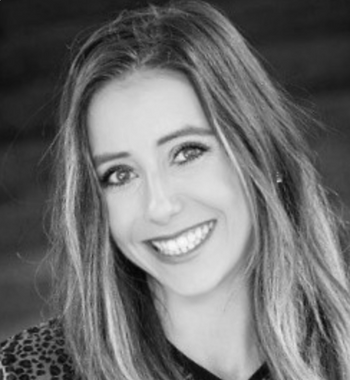University of South Alabama sued for restricting pro-life group
The University of South Alabama confined a pro-life group to a "free speech zone" on campus because of its "controversial" content.
Other groups have been allowed to exercise their rights outside of the zone, according to ADF.
The university has previously restricted pro-life speech.
A pro-life student group is suing the University of South Alabama (USA) after the institution restricted their outreach efforts to a small, regulated speech zone on campus.
Alliance Defending Freedom (ADF) filed the amended complaint last Friday after the university deemed the group’s pro-life content “controversial,” and required that they obtain a permit to use the speech zone 72 hours in advance.
undefinedTweet this
The incident happened last October, when the campus chapter of Students for Life requested permission to host a “Cemetery of the Innocents” event. Group members wanted to place small crosses in the ground to represent the number of abortions performed in the United States since the Supreme Court’s Roe v. Wade ruling. University administrators denied their request and referred the group to the speech zone, which at the time was held in the Student Center, an area comprising one-percent of campus grounds.
The speech zone has since been expanded, but Kerri Kupec, Legal Communications Director for ADF, argues that the very concept of ‘designated speech zones’ impedes on the fundamental right to free speech.
“Speech policies such as this one give university officials unfettered discretion to pick and choose who can speak and who can’t,” Kupec told Campus Reform. “The First Amendment strongly protects the rights of all students to freely speak, irrespective of whether a few officials personally think the topic is controversial.”
Many student groups have been allowed to advocate causes and exercise their right to free speech on other areas of USA’s campus—outside the speech zone—prior to this event.
“Unfortunately, we have seen unconstitutional speech restrictions targeting pro-life students groups,” Kupec told Campus Reform.“In a similar, ongoing situation at Boise State University (BSU), Planned Parenthood was allowed to distribute condoms on campus and the Secular Student Alliance was okayed to hand out ‘Does God exist?’ fliers on various parts of the campus,” Kupec told Campus Reform.
According to Kupec, BSU allowed these groups to distribute condoms and anti-theist materials. However, administrators required that a pro-life group provide warning signs for passersby, so they could avoid the displayed images if desired—which included pictures of aborted babies and various stages of fetal development.
The lawsuit, Students for Life USA v. Waldrop, declares that “[t]he cornerstone of higher education is the ability of students to participate in the ‘marketplace of ideas’ on campus. That marketplace depends on free debate between students—debate that is spontaneous, ubiquitous, and often anonymous—and is carried out through spoken word, flyers, signs, and displays.”
“Winning lawsuits such as this one sends the message to university officials to think twice before stifling the First Amendment freedoms of its students,” Kupec told Campus Reform. “No student should have to ask permission to exercise their constitutionally protected freedom of speech.”
Follow the author of this article on Twitter: @MaggieLitCRO

